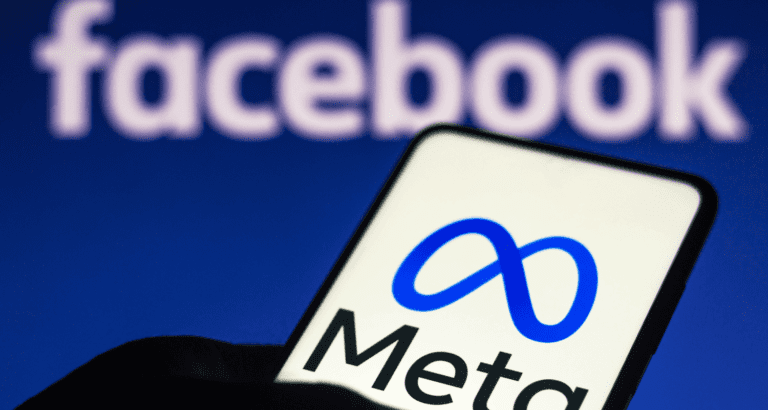The Metaverse will likely be monetized; something creators do not like.
Meta (previously called Facebook) recently announced its initial plans to enable content creators or digital creators to monetize Horizon Worlds – a potential Metaverse platform. Meta’s planned market share for various contributors’ creations can add up to approximately 50%.
Network of 3D spaces, the Horizon World is available on Oculus Quest headsets. Meta Platforms aims to bring Horizon Worlds to game consoles, desktop VR, and mobiles in the future.
Some people are already creating spaces such as Virtual Yoga Studio and Wendyverse, a fast-food brand conglomerate. However, to this date, the Horizon Worlds hasn’t provided creators with the tools to make money creating content they can on other similar services such as Roblox.
This isn’t to say that content creators aren’t making money; most are paid for the contract work outside Meta’s system. However, Meta’s announcement evokes images of what to look forward to.
What monetization will entail
First of all, Horizon Worlds is going to support inworld purchases. Some creators will sell virtual things from user-generated areas. In addition to that, Meta aims to introduce creator bonus programs that will award prizes to content creators depending on user engagements.
Meta made an impression in the VR/AR, NFT, and other related communities when they disclosed specifics about the revenue they will accrue from all transactions.
When users buy things in the Horizon Worlds, Meta says it will take about a 25% cut; however, that’s the same amount other hardware platforms take. Meta’s “Oculus” store takes a nearly 30% cut.
This means digital creators will need to transfer 30% to Meta’s Oculus store and relinquish 25% of the Horizon Worlds. That leaves content creators with half of the revenue before applicable taxes.
Creators’ reactions
This announcement drew rage from various digital creators in NFT and other related communities used to one-digit percentage platform gets.
So far, the company has dismissed the controversy. Meta’s VP, Vivek Sharma told Verge, “We think it’s a pretty competitive rate in the market… we believe in the other platforms being able to have their share.”
